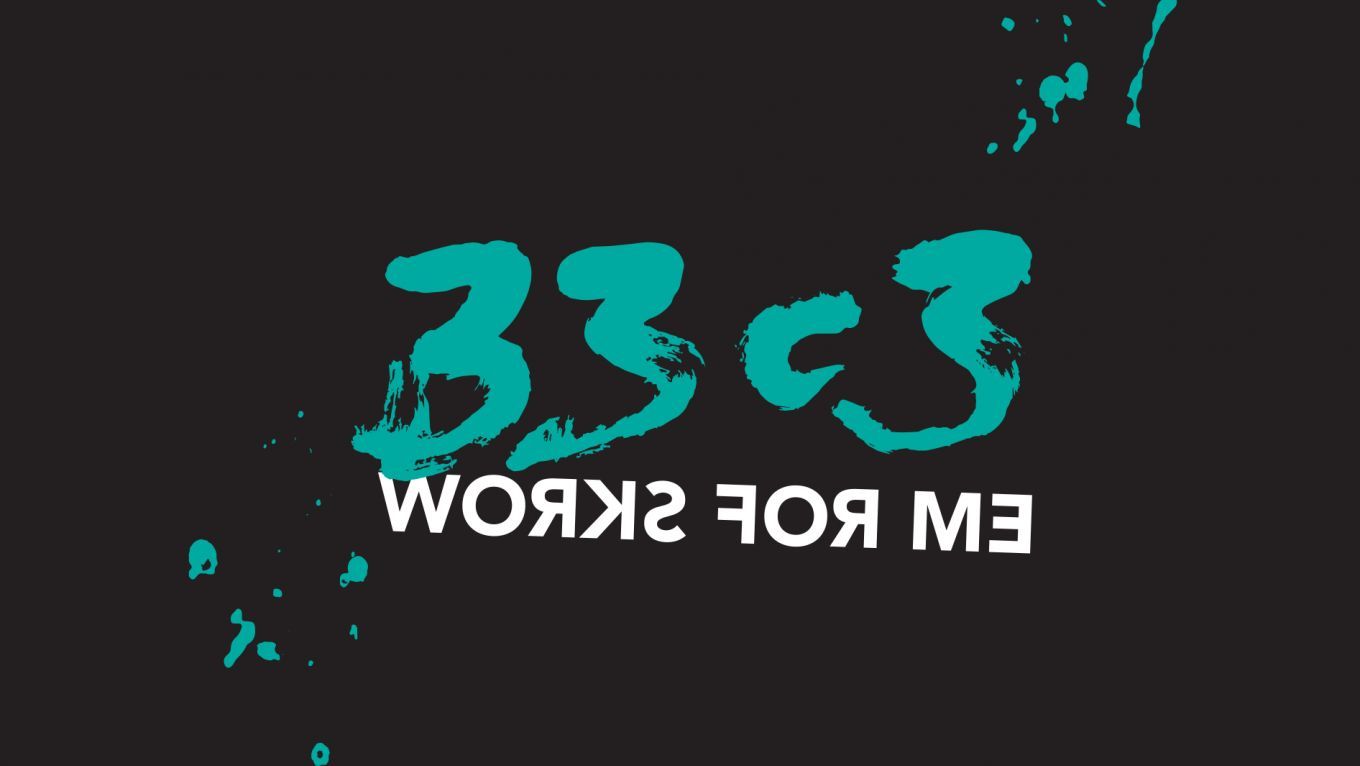Ethics, Society & Politics
Woolim – Lifting the Fog on DPRK’s Latest Tablet PC
27. Dezember 2016
23:00 – 00:00 In Kalender übernehmen
23:00 – 00:00 In Kalender übernehmen
Saal G
Last year we have been talking about DPRK’s operating system Red Star OS and its surveillance features. We have identified a watermarking mechanism and gave an insight on the internals of the operating system itself. This year we will be talking about one of DPRK’s Tablet PCs, called Woolim.
The tablet PC contains a similar watermarking mechanism that can be used to track and prevent the distribution of unwanted media files in a more advanced and effective way. In addition, Woolim contains a remarkable hardening and jails the user to protect the integrity of the system. The tablet itself and the Apps that are preinstalled provide a rare insight into DPRK’s development in the IT sector. We will lift the fog on the internals of Woolim and provide a deep dive into the internals of the tablet PC.
Over the past years DPRK released several different tablet PCs. This talk will focus on what seems to be the latest device called Woolim (울림), which is the Korean word for „echo“. It was build in late 2015 and the device is an outstanding piece of technology designed to jail users to predefined functionality and track the user's behavior.
We will start by giving an introduction to the hardware specifications of the tablet. The device is equipped with a wide variety of applications. Users are able to read and create documents, watch movies, visit websites and play games. There are also a bunch of dictionaries on the device. We will give an introduction to the most interesting applications and features of the tablet.
The applications that come with Woolim give a rare insight into how technology is used and distributed in DPRK. All of the applications on Woolim have been touched by DPRK, even games like Angry Birds have been modified. The features implemented to jail the user and protect the integrity of the system will also be in focus for this talk.
We have published a detailed analysis of a watermarking mechanism in DPRK’s Red Star OS last year, speculating that the code in Red Star OS already contains some preparations for a far more sophisticated watermarking mechanism. We have identified such advanced mechanisms in Woolim and will give a technical insight on how they prevent distribution of unwanted media more effectively.
DPRK continues to develop surveillance technology that is hidden inside consumer hardware. It’s goal seems to be to enable total control of it’s users in terms of tracking the distribution of media files and preventing unwanted information in the DPRK ecosystem. Implementing such features into smartphones or tablet PCs like Woolim allows even more effective surveillance of DPRK citizens. Therefore, we will try to shed some light on the privacy invading features of Woolim.
Weitere Infos
| Format | lecture |
|---|---|
| Sprache | Englisch |
Weitere Sessions
| 27.12.16 |
As they say in the Air Force, ‚No comms no bombs‘, – A technician’s insight into the invisible networks governing military drones and the quest for accountability
|
| 27.12.16 |
Both strong end-to-end communications encryption and device encryption are legal in most jurisdictions today, and remain widely available. Yet software programmers and hardware producers are increasingly under pressure from law enforcement and policy makers around the world to include so-called backdoors in encryption products.
|
| 27.12.16 |
Polizeibehörden und Geheimdienste sammeln Daten der Bürger – mehr als je zuvor. Der Bestand an unterschiedlichen Datenbanken ist enorm gewachsen und geradezu unübersichtlich geworden. Aufgrund datenschutzrechtlicher Regelungen gibt es für etliche dieser Datenbanken einen gesetzlichen Auskunftsanspruch des Bürgers.
|
| 27.12.16 |
In early 2015, the Federal Bureau of Investigation hacked computers in Austria, Denmark, Chile, Colombia, Greece, and likely the United Kingdom and Turkey too. In all, the agency used a Tor Browser exploit to target over 4000 computers spread across the world based on a single, arguably illegal warrant.
|
| 27.12.16 |
This talk presents the results of the technical analysis for the German Parliamentary Committee investigating the NSA spying scandal on geolocation methods in mobile networks.
|
| 27.12.16 |
Nach drei Jahren wurde endlich die nutzerunfreundliche Praxis des Routerzwangs („Compulsory Routers“) gesetzlich für unzulässig erklärt, und aktuell treibt uns die EU-Funkabschottung („Radio Lockdown Directive“) um. Um was geht es dabei? Und was können wir daraus für andere Fälle lernen?
|
| 27.12.16 |
After three years the EU has for the first time new Net Neutrality rules. What do they mean in practice? Which commercial practices by ISPs are allowed and which have to be punished by the telecom regulator. We give an overview about three years of campaign and where we go from here.
|

